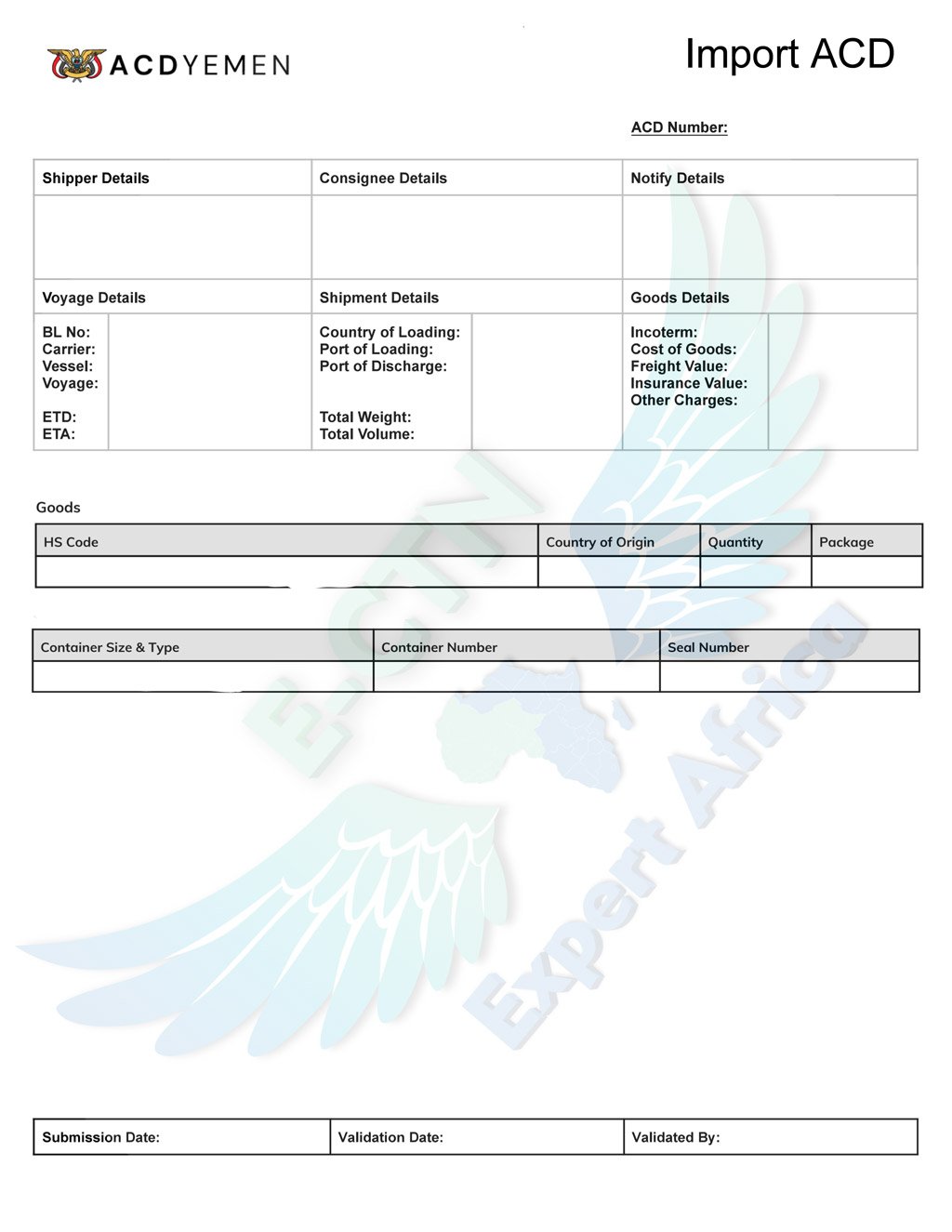You must have this certificate validated five days before the arrival at the latest or the consequences won’t be pretty. The penalty in the form of significant regulation charge determined by the yemeni National Port Officials is imposed to the cargo owner.
Please note that we have received confirmation from the Beninese authorities that for vehicles inside containers, the cargo type should be “container”.
This only goes for vehicles inside containers, so where the container number is clearly mentioned on the documents.
Please do make sure to add the chassis number of the vehicles in the goods description field for this type of cases.
Of course, vehicles that are not loaded in containers should be given the cargo type “RoRo”.
Certificate cost depends on the number of Bill of Ladings and the containers, the country of origin, the port of discharge, etc. This is why we can’t give you an exact price for the CTN. But if you share your shipment’s details with us we can provide you the best charges for your certificate. We offer free quotation.









